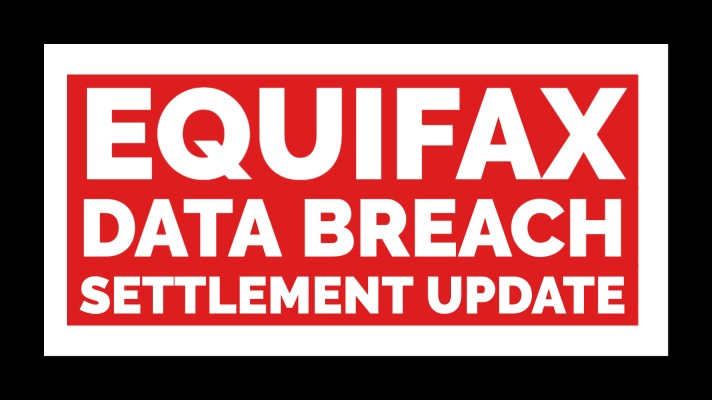Scammers are relentless in their pursuit of your — hard-earned money. They try to reach you in many ways: phone, email, text, social media, and it could be a knock on your door. Learn how to spot a scam, so you can protect yourself and your money.
Here are 5 Ways to Spot a Scam:
- Text Messages from Unknown Senders: These could come in your phone as unknown phone numbers or email addresses. They tend stress something urgent or important that needs your attention. They often ask you to click on a link to see something, check/verify something or provide your personal information.
For example, some package delivery (you’re not even expecting), a picture to entice you to open it with a for your eyes only message or something else random that screams SCAM. I just delete these messages immediately.
- Anonymous Callers: They call and pretend they know you. Sometimes they don’t even know your name and if you say it’s the wrong number, they still persist. These calls can be quite annoying, especially when they say they’re from a company you know. Like people who call saying they are from Microsoft to help you with your computer. Despite the fact that you never asked for help, told Microsoft your phone number or even have a computer problem.
Beware of staying on the phone with questionable people claiming to be the bank also. Always follow up with the real company directly when you have concerns. For example, you may go into the bank with your concerns.
- IRS Demanding Money Now to Avoid Significant Penalties (e.g., Jail Time): The IRS will not call you on the phone demanding payment now. Let me repeat – The IRS will not call you on the phone requesting you remit payment pronto. They usually send you a tax bill in the mail first. Here’s the official IRS warning on this scam:
“Victims are told they owe money to the IRS and it must be paid promptly through a gift card or wire transfer. Victims may be threatened with arrest, deportation or suspension of a business or driver’s license. In many cases, the caller becomes hostile and insulting. Victims may be told they have a refund due to try to trick them into sharing private information. If the phone isn’t answered, the scammers often leave an “urgent” callback request.” More
- Emails Claiming You’re a Winner or You Have a Large Inheritance: These emails always sound too good to be true. Do you have a distant family member who left you a BIG inheritance? If so, I highly doubt they’d ever send an email notification riddled with spelling errors asking you for money upfront.
RED FLAGS: These scammers often ask you to take drastic action like pay upfront legal or tax fees in order to receive your big payday. Yeah, No! Block.
- Send Money Quick: They have an urgent need for money and ask you to send it quick using a cash app, gift card or wire transfer. Some callers are very specific. For example, they could demand you go to Walmart and buy a $500 gift card. Then they tell you to call them back with the gift card info because your grandchild needs help. They offer very little factual information and are too busy making urgent request for money and playing on your emotions. Hanging up and blocking these callers is ideal.
Some scammers try to be friendly to gain your trust or they are mean to get you to act quickly in fear. Always remember, the delete button is your friend when it comes to these texts or emails. Don’t click on any links requesting more information. If you have a caller, you can easily just end the call and even block the number.
Unfortunately, there are so many scams out there: funeral, romantic, student loan, debt relief, jobs, charity and more. Protect yourself and your family from scams. The ones that prey on our seniors are the absolute worst!
SENIORS: DON’T FALL FOR THIS SCAM
17 Common Job Scams and How To Protect Yourself
Check out the FTC’s Scams website for more tips on how to avoid scams, what to do if you were scammed and to learn how to report scams.
Hopefully the tips above will help you spot a scam. Feel free to add any I may have missed in the comments.




